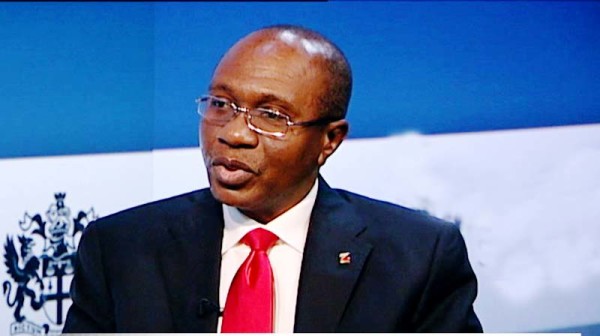Akande advised CBN should stop directing FX rates

The Central Bank of Nigeria has been advised to allow the forces of demand and supply to determine the naira exchange rates against foreign currencies.
The Director, Africa Region Board, PKF Professional Services, Mr. Tajudeen Akande, who gave the advice in an interview with our correspondent, stressed the need to address the multiple exchange rates in the country.
Akande, who is also the Senior Partner of PKF Nigeria, said the CBN could influence the foreign exchange market through policies when necessary.
He said, “I think it is obvious that when you have that control, it is leading to a lot of speculation. When you are selling at one rate and there are other rates, if businesses are budgeting, which rate are they going to budget with?
“If I am doing a transaction, which rate am I going to use to book the transaction?”
According to him, the gap between the official and parallel market rates is encouraging arbitrage in the forex market.
Akande said, “What the International Monetary Fund is saying, which I support, is to have a rate; let it float so that you can close the gap. You can’t have a rate and control it. When you close that gap, it is true that things can balloon in the initial period. But eventually with market forces, it will find its level.
“I think we should have a free-floating currency in the interbank market. Whatever the forces of demand and supply bring, that will be the rate. Of course, you can influence that.”
Noting that the rate would go up when supply was short and demand high, he explained, “So, if you have the means of supplying the market, the rate will come down.
“But when you say, ‘Sell for BTA and school fees at N360/$’, and the interbank market rate is 306 and the BDC rate is about 390, what stops the man who got BTA at 360 from just giving it to the Bureau De Change to sell? What stops the importer who is able to get at 306 from selling in the parallel market at 395?”
“It is not that there will not be any control; the control will be in the form of regulation and the invisible hand, so to speak. You know what calms the market, you do it by way of policies. I think what the IMF is saying basically is to have a single rate.”









0 Comments